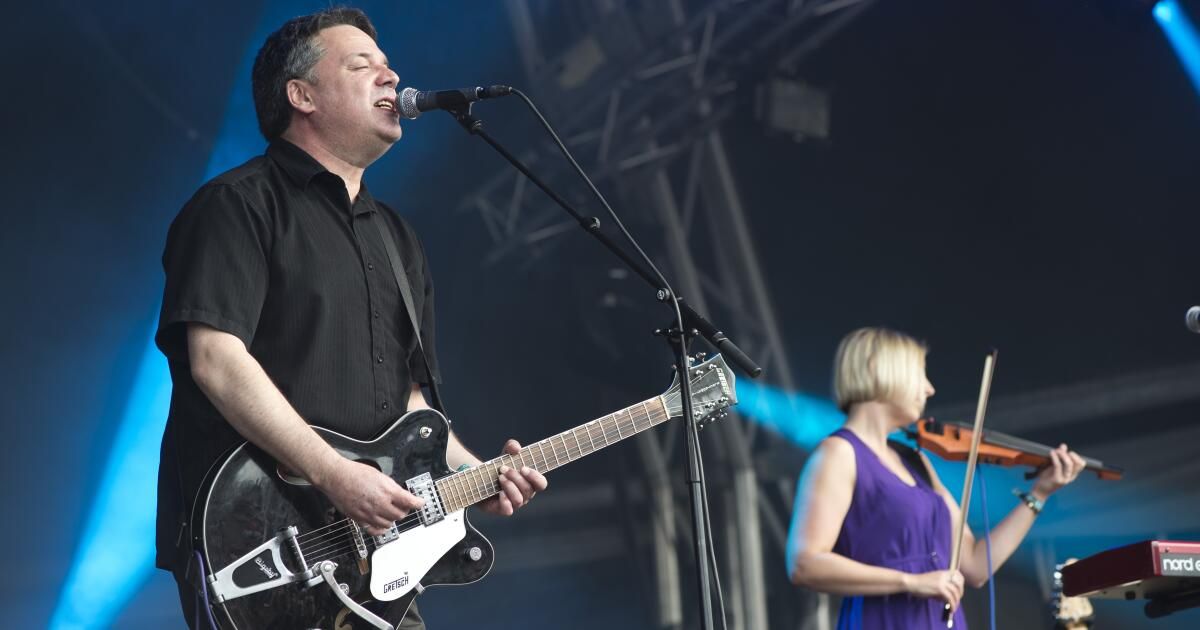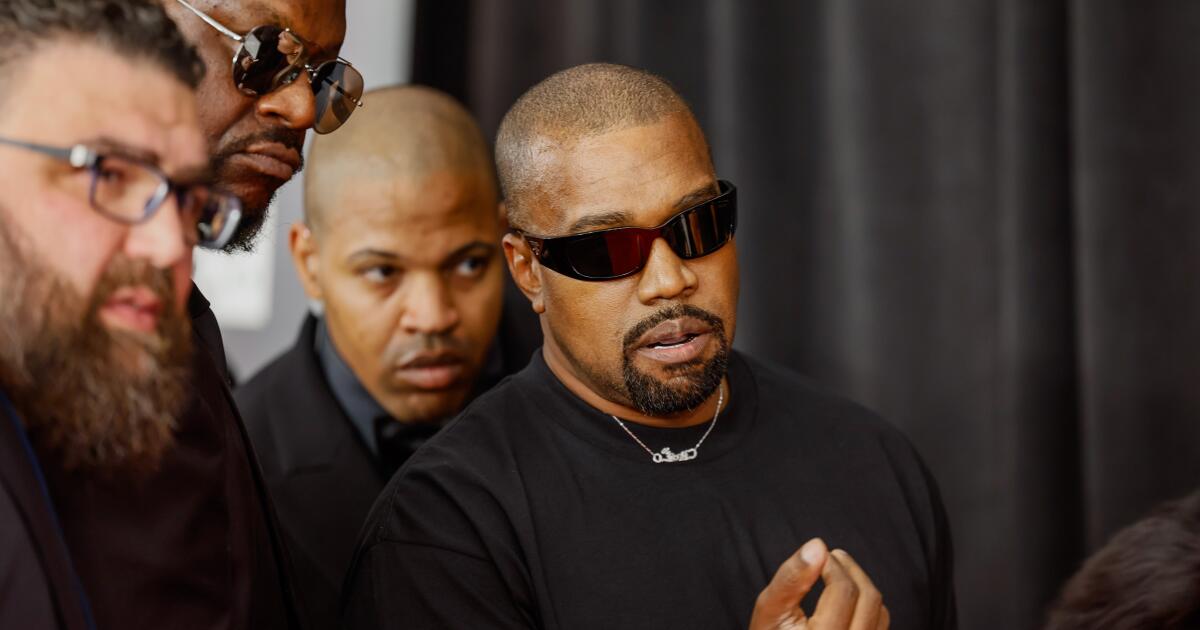Martin Phillips, whose band The Chills were a mainstay of New Zealand's 1980s indie-rock scene and had a major influence on bands such as REM and Pavement, has died. He was 61.
His death was announced in a statement posted Sunday on the Chills’ social media accounts. The statement did not say when or where Phillips died or specify a cause, but noted that he had died “unexpectedly.” A 2019 documentary about Phillips and the Chills chronicled the musician’s struggles with hepatitis C; New Zealand’s Otago Daily Times reported that Phillips had recently been admitted to Dunedin Hospital with liver problems.
Proponents of the so-called Dunedin sound associated with New Zealand record label Flying Nun, the Chills played twangy but propulsive guitar pop that combined melancholic melodies with arrangements that drew on punk and psychedelia. Phillips, who wrote in a poetic style about art, death and romance, was the band's only constant member in a career that attracted a devoted following across four decades.
In a statement Sunday, Crowded House's Neil Finn — a fellow New Zealander whose first band Split Enz once recruited The Chills as an opening act — called Phillips “one of New Zealand's greatest songwriters” and described him as someone “fascinated by and devoted to the magic and mystery of music.”
After playing in a short-lived group called Same, Phillips formed Chills in 1980 with a line-up that included his sister Rachel; in 1982, the band signed with Flying Nun (whose other closely related acts were Clean, Bats and Verlaines) and proceeded to make a series of disjointed but tuneful singles, including the thumping “I Love My Leather Jacket” and “Pink Frost”, which became perhaps the band's best-known song.
“I wanna stop crying / But she’s lying there dying,” Phillips sang over an oddly jaunty bass line, a striking juxtaposition that led Spin magazine to advise readers to “imagine Paul McCartney trying to sing Joy Division.”
Having gone through more than half a dozen lineups, the Chills released their first studio LP, Brave Words, in 1987; for their next album, 1990's Submarine Bells, they signed in the U.S. with Slash Records, a subsidiary of Warner Bros., which helped propel the band's “Heavenly Pop Hit” (famously titled “Heavenly Pop Hit”) to No. 17 on Billboard's modern rock chart.
Eager to capitalize on that success, Slash brought the Chills to Los Angeles to record the band’s next album, 1992’s Soft Bomb. Peter Holsapple, who had played with R.E.M. on their hit LP Out of Time, contributed keyboards in the studio, while Van Dyke Parks came up with a typically whimsical orchestral arrangement for the song “Water Wolves.”
Parks, the eccentric pop veteran known for his 1960s work with Randy Newman and the Beach Boys, invited the Chills to Capitol Studios to watch him oversee the recording session, Phillips told KCRW in 2022. However, the band arrived late: “We took a wrong turn, so we missed Van Dyke’s speech to the orchestra about what they were doing,” Phillips said. “But it was beautiful to be there and hear it come to life.”

The Chills broke up after the “Soft Bomb” tour, but later reunited (with a different lineup); the band’s most recent album, “Scatterbrain,” came out in 2021.
Information on Phillips' survivors was not immediately available.
Phillips spoke candidly about the challenges of surviving in the music industry, such as in a 1992 interview with The Times in which he admitted that “the biggest problem so far has been simply trying to keep bands together when we can't afford to pay ourselves anything.”
Yet Chills' music conveys an enduring belief in the power of a great song.
“I wake up and the sound is running through my body / I’m so swollen, happy, I can throw things around,” Phillips sang on “Heavenly Pop Hit.” “I’m growing in stages and I’ve been doing it for years / Just singing and floating and free.”












